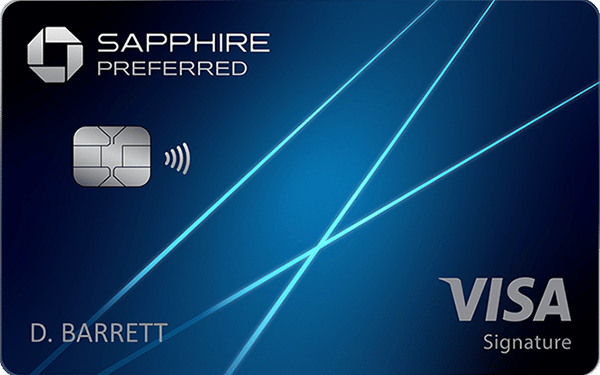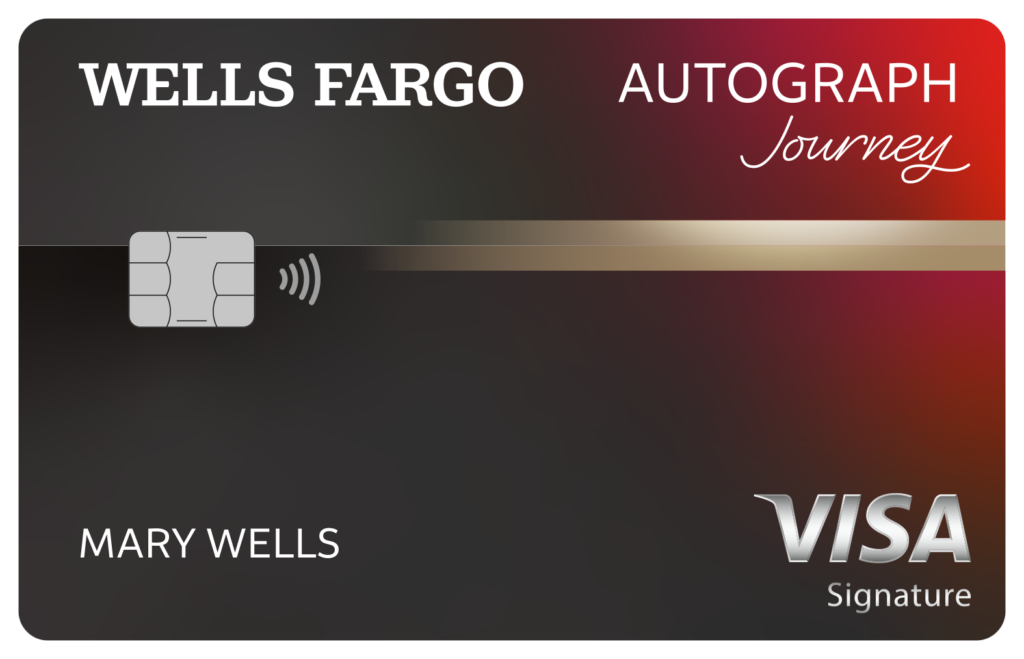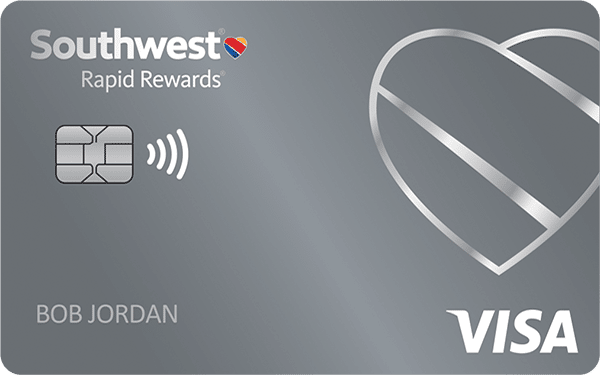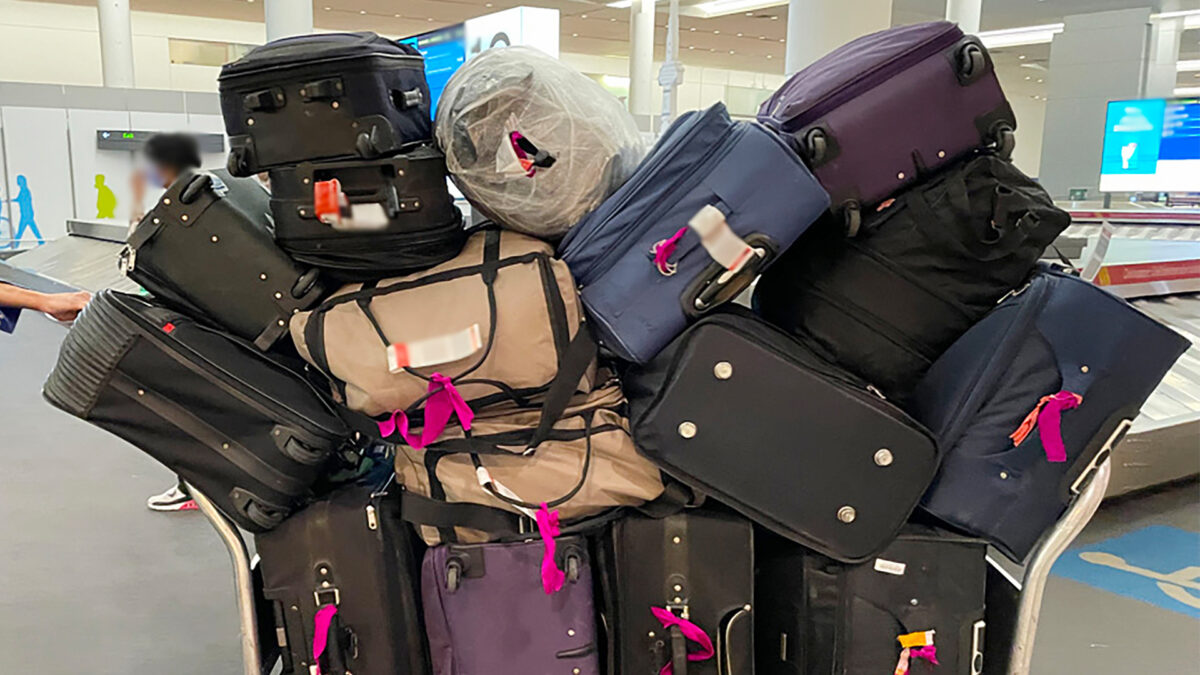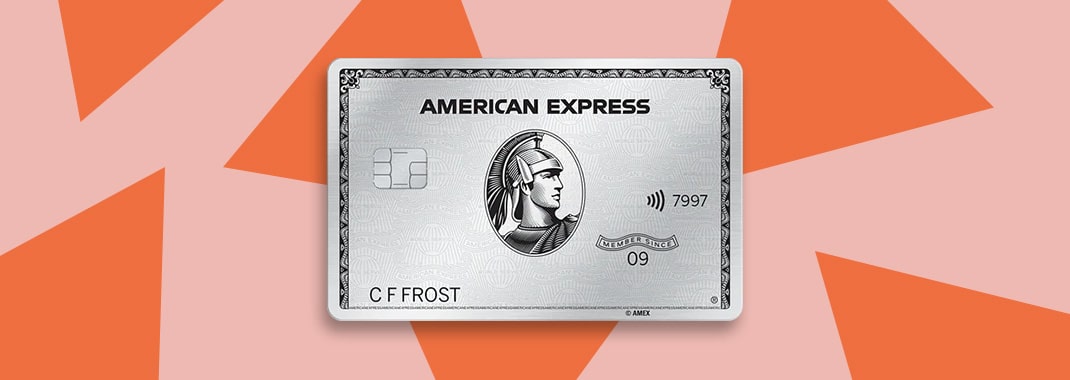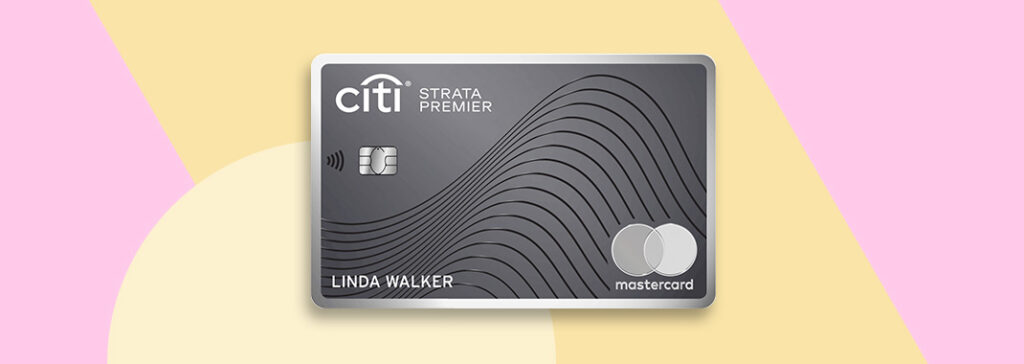Most products on this page are from partners who may compensate us. This may influence which products we write about and where and how they appear on the page. However, opinions expressed here are the author's alone, not those of any bank, credit card issuer, airline or hotel chain.
With summer around the corner, travel is on a lot of people's minds. But before you jump on your next flight, you might be considering investing in a travel insurance policy. And you're not alone—travel insurance can be worth it for many people. Here's more detail about what travel insurance is and when you may or may not find it worthwhile.
What Is Travel Insurance and What Does It Cover?
Travel insurance is actually more of a catchall term that can refer to several types of insurance policies often used by travelers.
Travel insurance policies vary, but they can offer coverage for things like:
- Emergency medical evacuations
- Trip delays
- Baggage loss
- Rental cars
- Trip cancellations
Some travel insurance policies may even cover pre-existing medical conditions, though you may have to disclose the condition and/or get a waiver from the insurance carrier. Travel insurance can make sense in a variety of situations depending on one's financial situation and how comfortable an individual is with risk.
If You're Traveling Internationally
For those who going out of the country or a anywhere their health insurance doesn't apply, it can make sense to get medical coverage for emergency evacuation or medical care. Without it, you could be on the hook for thousands (or more) in medical expenses if you are injured. And if you're going on a long-term vacation, the risk of a medical emergency can also increase the longer you're traveling.
On the other hand, if you are staying in-country where your regular health insurance will cover you for medical emergency treatment, or if you have a relatively small amount of money at risk, travel insurance may not seem worth it. It depends on your own specific risk-reward calculation, and whether you would feel comfortable if you had to walk away from the trip should your situation change from the booking conditions you had when you first made your plans.
Recommended Travel Credit Cards
| Credit Card | Intro Bonus | Annual Fee | Rewards Rate | Learn More |
|---|---|---|---|---|
|
|
75,000Chase Ultimate Rewards Points
Earn 75,000 bonus points after you spend $5,000 on purchases in the first 3 months from account opening. Dollar Equivalent: $1,575 (75,000 Chase Ultimate Rewards Points * 0.021 base) |
$95 |
1x- 5xPoints
Enjoy benefits such as 5x on travel purchased through Chase TravelSM, 3x on dining, select streaming services and online groceries, 2x on all other travel purchases, 1x on all other purchases |
Apply Now Rates and Fees |
|
|
60,000
Earn 60,000 bonus points when you spend $4,000 in purchases in the first 3 months – that’s $600 toward your next trip. |
$95 |
1x - 5xPoints
Earn unlimited 5X points on hotels, 4X points on airlines, 3X points on other travel and restaurants, and 1X points on other purchases. |
Apply Now Rates & Fees |
|
|
50,000Southwest Rapid Rewards Points
Earn 50,000 bonus points after spending $1,000 on purchases in the first 3 months from account opening. Dollar Equivalent: $600 (50,000 Southwest Rapid Rewards Points * 0.012 base) |
$69 |
1x - 2xPoints
Receive 3,000 anniversary points each year. Enjoy benefits including 2X points on local transit and commuting, including rideshare, 2X points on internet, cable, and phone services; select streaming, 2 EarlyBird Check-In® each year, 10,000 Companion Pass® qualifying points boost each year, and more. |
Apply Now Rates and Fees |
|
|
60,000Citi ThankYou® Points
Earn 60,000 bonus ThankYou® Points after spending $4,000 in the first 3 months of account opening, redeemable for $600 in gift cards or travel rewards at thankyou.com. Dollar Equivalent: $1,080 (60,000 Citi ThankYou® Points * 0.018 base) |
$95 |
1X-10XPoints
10x on Hotels, Car Rentals, and Attractions booked through CitiTravel.com 3x -- Earn 3 Points per $1 spent on Air Travel and Other Hotel Purchases 3x -- Earn 3 Points per $1 spent on Restaurants 3x -- Earn 3 Points per $1 spent on Supermarkets 3x -- Earn 3 Points per $1 spent on Gas and EV Charging Stations 1x -- Earn 1 Point per $1 spent on All Other Purchases |
Apply Now Rates & Fees |
If You Paid a Big Nonrefundable Deposit
Another instance where travel insurance may be worth it is if you prepaid a large expense for the trip. In these situations, if you have insurance, you may be reimbursed if something goes awry.
Common examples of this might be a cruise line trip or nonrefundable expenses, like a deposit or some airfare. If you have a significant amount of money on the line (more than you'd be willing to lose), it can be worth it to insure the trip to cover against a situation like a family member emergency where you would have to cancel the trip or leave early.
When Travel Insurance Is Not Necessary
While travel insurance can be hugely important in situations where someone is traveling out of the country or if there is a lot of money at risk if a trip is canceled, it's not always necessary. For shorter—and often cheaper—domestic trips where the traveler is covered by their own medical insurance and there isn't a lot of nonrefundable expenses at stake, travel insurance may seem unnecessary and an excessive expense.
It's worth noting that some travel rewards credit cards offer some level of protection, as well, though this is more for things like car rentals and lost bags.
Types of Travel Insurance Policies
Here are four common types of trip insurance for travelers:
- Trip cancellation and interruption insurance: For those who have paid a lot of nonrefundable expenses, trip cancellation or interruption travel insurance might be beneficial. This covers things like last-minute cancellations or if you need to leave early.
- Baggage and flight delay insurance: This can cover you if your flight is delayed or if your checked or carry-on bags are lost or delayed. You may be able to file a claim to recover the value of the items you lost in your luggage.
- Emergency medical insurance: Medical insurance can cover medical costs incurred while traveling. This is useful when traveling in a country where your traditional health insurance doesn't cover you.
- Evacuation insurance: This can cover you if you need emergency transport to be evacuated back to your home as part of a medical emergency.
Best Travel Credit Cards
Visit the Marketplace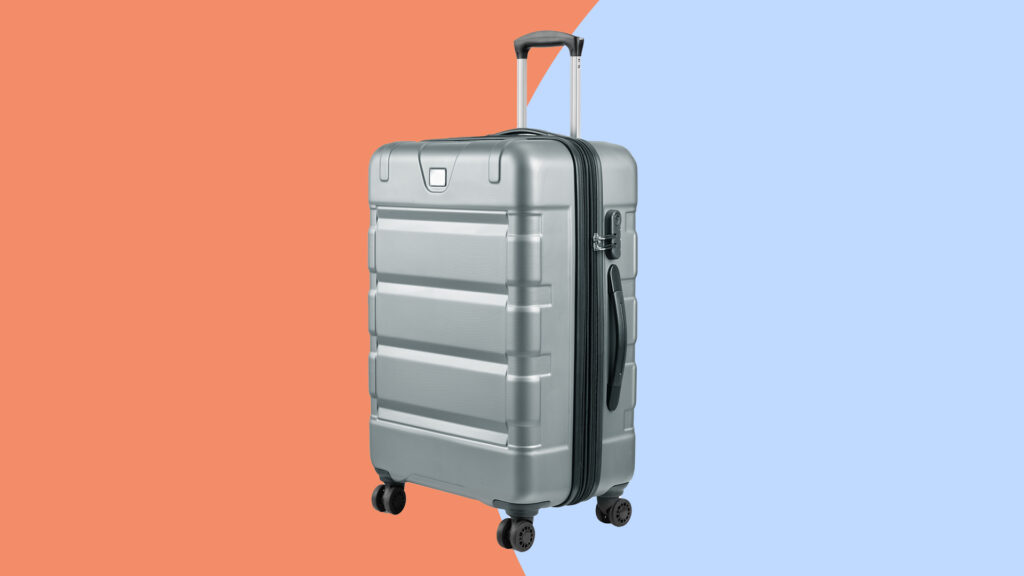
FAQs
-
Some travel insurance policies provide trip interruption benefits or medical benefits due to COVID, but you want to check before you buy a policy to see exactly what is covered. Look for travel insurance providers that specifically state they offer COVID coverage under their travel insurance policies.
-
It depends, but homeowners, renters or auto insurance may be applicable for travel-related incidents. Check with your insurance agent and read your policy documents to be sure, but generally, homeowners and renters policies offer coverage for theft of belongings, even while you are traveling.
It's also common for your auto insurance policy to provide some benefits while you're driving, no matter what car you're driving, including rental vehicles. Many credit cards also provide insurance benefits for car rentals. Check your policy or credit card terms to you understand exactly what is covered. Also check with your insurer and read your insurance policy to verify your coverage.
-
Costs vary, but some small policies are less than $100, while others can cost several hundred dollars or more. Research the type of coverage you need and shop around to compare prices.

